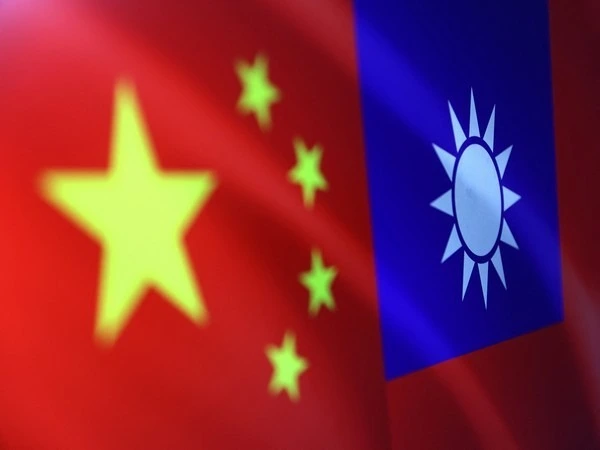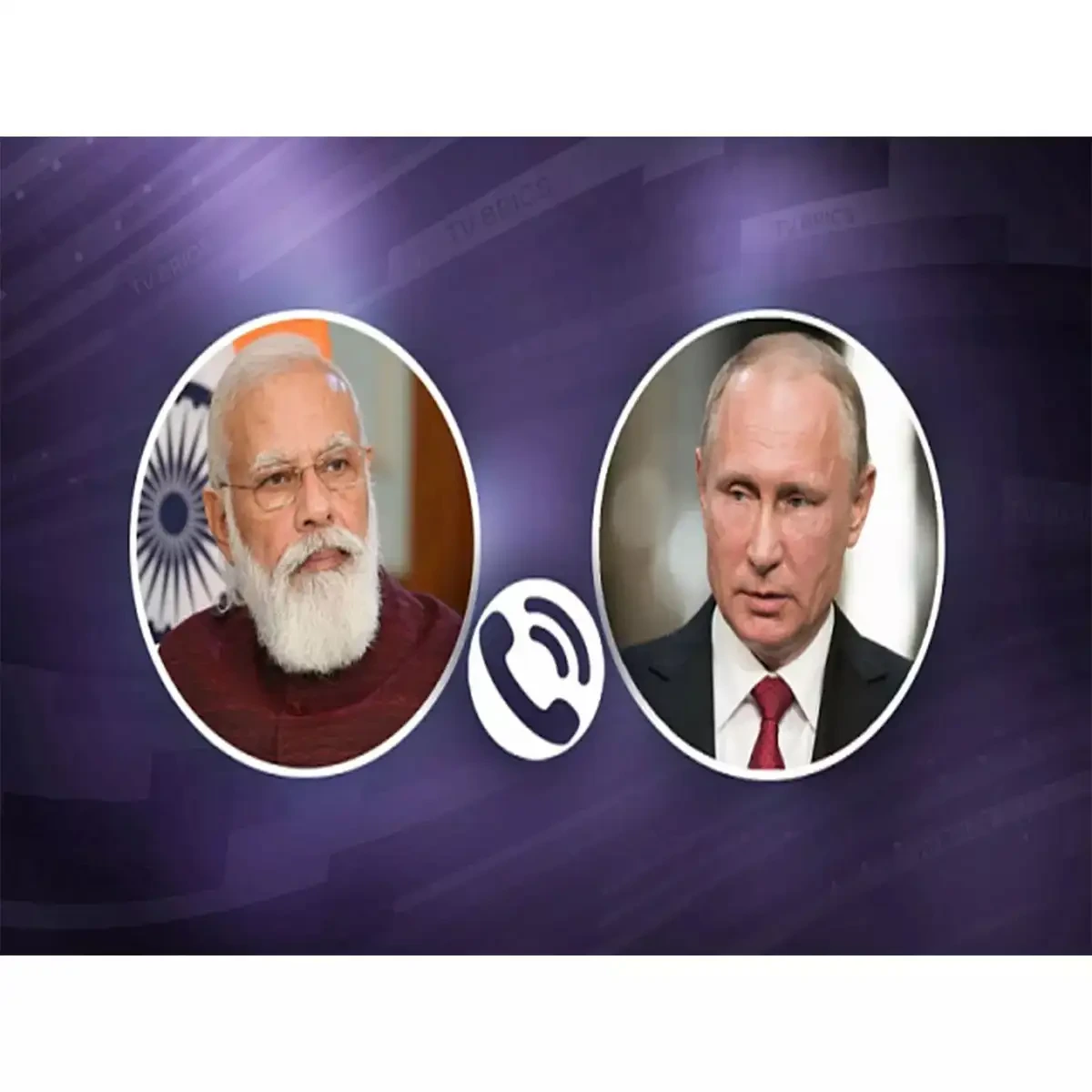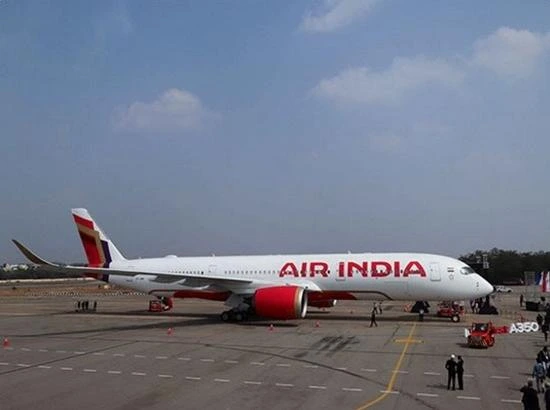16-JUN-2025,07:00 PM In a move that reflects the mounting diplomatic strain between Taipei and Beijing, Taiwan excludes Chinese officials from participating in the upcoming Taipei Tourism Expo. The Taiwanese government has cited national security concerns and growing cross-strait tensions as the main reasons behind this decision. The development comes amid a broader deterioration of ties between the two sides, with both countries adopting more assertive postures politically, militarily, and economically.
The Tourism Expo, one of Taiwan’s most important annual events for promoting travel and hospitality, traditionally welcomes international delegates, including those from mainland China. This year’s exclusion, however, sends a strong political message about Taiwan’s stance on sovereignty and internal security.
Why Taiwan Excludes Chinese Officials This Year
Rising Cross-Strait Tensions Force Strategic Measures
One of the primary reasons Taiwan excludes Chinese representatives from the Tourism Expo is the escalation of military and political pressure by Beijing in recent months. Chinese fighter jets and naval ships have frequently crossed into Taiwan’s Air Defense Identification Zone (ADIZ), raising fears of an impending conflict or at least a miscalculation.
Taiwanese authorities, including the Mainland Affairs Council (MAC), have expressed concern that inviting Chinese officials to the event could open the door to potential surveillance, intelligence gathering, or political agitation. By barring participation, Taipei aims to assert greater control over sensitive public events and avoid potential disruptions.
Previous Incidents Influence Decision-Making
Officials also pointed to several past incidents where Chinese participants allegedly used tourism-related events to promote political messages or gather data. These reports have created a sense of caution within Taiwan’s security apparatus.
“The decision was not taken lightly,” a spokesperson for the Tourism Bureau said. “Given the current atmosphere and historical context, Taiwan excludes Chinese delegates to prioritize public safety and national interest.”
Reactions from China and International Community
Beijing Condemns the Move, Labels It ‘Provocative’
As expected, the decision that Taiwan excludes Chinese officials from the Taipei Tourism Expo drew a sharp rebuke from Beijing. The Chinese government, through its Taiwan Affairs Office, condemned the act as “an unnecessary and provocative gesture that undermines the cultural and people-to-people exchange between the two sides.”
Beijing further warned that such actions only increase hostilities and push peaceful reunification further out of reach. Analysts note that while the Expo may appear minor in the broader geopolitical picture, its symbolic value as a platform for dialogue should not be underestimated.
Global Reactions Mixed but Watchful
While the United States and several EU countries refrained from direct comments on the decision, many international observers view it as another example of Taiwan walking a tightrope between promoting openness and ensuring national security. Diplomats from Japan and Australia stated that while they support Taiwan’s right to manage internal affairs, they hope for de-escalation and continued dialogue between Taipei and Beijing.
The Importance of the Taipei Tourism Expo
Promoting Taiwan’s Global Image
The Taipei Tourism Expo is one of the most anticipated travel events in Asia. Held annually, it attracts travel agencies, airline representatives, hospitality companies, and cultural ambassadors from across the globe. Despite the exclusion of Chinese officials, this year’s Expo is expected to host over 60 international delegations.
By organizing the event independently and setting clear participation criteria, Taiwan aims to promote its identity as a free, democratic society that values transparency and safety. The Tourism Bureau emphasized that Taiwan excludes no nation unfairly, but rather assesses risks based on current global and regional realities.
Focus on Southeast Asia and Beyond
Without Chinese participation, Taiwan is shifting focus to Southeast Asia, Japan, South Korea, and Europe for bilateral tourism growth. The New Southbound Policy, a cornerstone of Taiwan’s foreign outreach, will be spotlighted at the Expo to strengthen ties with ASEAN nations and India.
Experts believe this strategic shift may also reduce Taiwan’s economic dependence on Chinese tourists while enhancing cooperation with democratic allies.
Implications for Cross-Strait Relations
Another Chapter in an Evolving Conflict
While the decision that Taiwan excludes Chinese officials may be limited to a single event, it reflects deeper, long-term changes in how Taiwan views its relationship with mainland China. Over the past few years, Taiwan has steadily sought to decouple from Chinese political and economic influence, focusing more on building relations with Western democracies.
Political analysts suggest that such moves, although symbolic on the surface, represent Taiwan’s desire to assert its sovereignty more forcefully in global affairs.
A Sign of Future Isolation or Resilience?
Some critics worry that the decision may lead to further isolation of Taiwan on the global stage, especially as China increases pressure on countries and organizations not to engage with the island nation. However, many Taiwanese see it differently—as an act of resilience and determination to preserve national identity and democratic values.
President Tsai Ing-wen’s administration has consistently emphasized that the nation must take proactive measures to protect itself amid increasing threats from the Chinese government.
What Happens Next?
Monitoring Regional Developments Closely
In the weeks following the Tourism Expo, all eyes will be on how both sides proceed. Will China retaliate diplomatically or economically? Or will this pass as yet another friction point in the larger, ongoing standoff? Either way, the message is clear: Taiwan is no longer willing to compromise its internal security, even in traditionally apolitical forums like tourism expos.
The Future of Cross-Strait Cultural Exchange
This decision also raises questions about the future of cultural, academic, and people-to-people exchanges across the Taiwan Strait. While there is still some degree of private interaction through family ties and business, official events are becoming increasingly politicized. If this trend continues, even neutral grounds like sports, arts, and tourism could become battlegrounds in the geopolitical narrative.
Conclusion: Taiwan Asserts Autonomy Amid Rising Pressures
As the political climate in East Asia continues to evolve, decisions like this one—where Taiwan excludes Chinese officials from participating in a major public event—highlight the island’s commitment to self-governance and national security. While the move may deepen tensions with Beijing, it also signals a clear intent to chart an independent path in regional diplomacy and domestic affairs.
Whether this becomes a turning point or just another episode in the complex Taiwan-China relationship remains to be seen. One thing is certain: Taiwan will continue to make calculated moves to protect its sovereignty, even in the face of international scrutiny and regional pressure.
Souce : ANI





